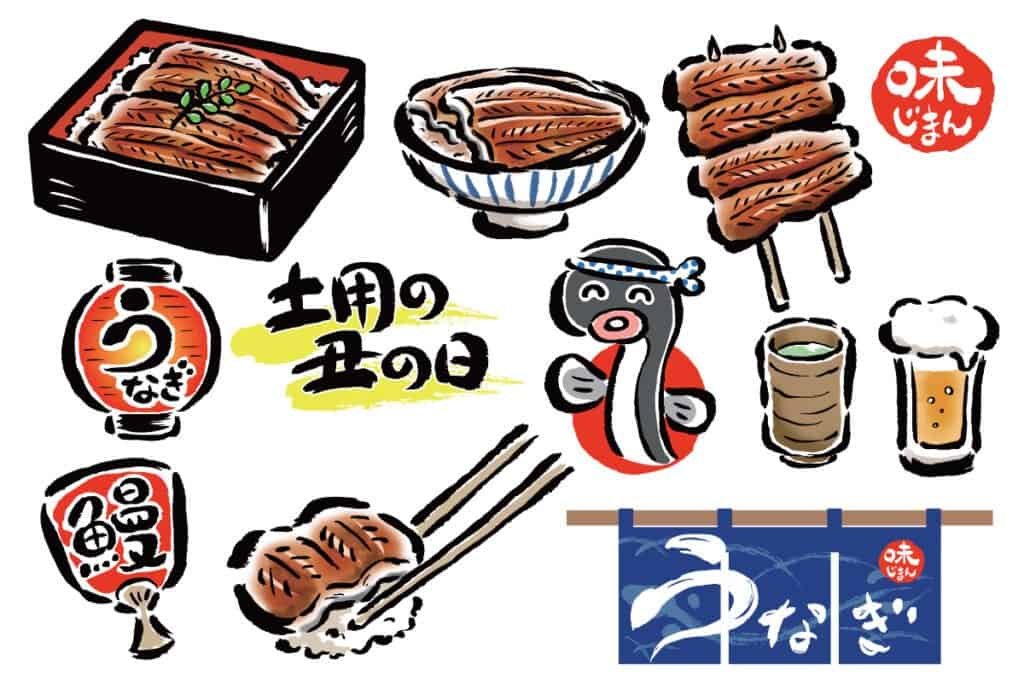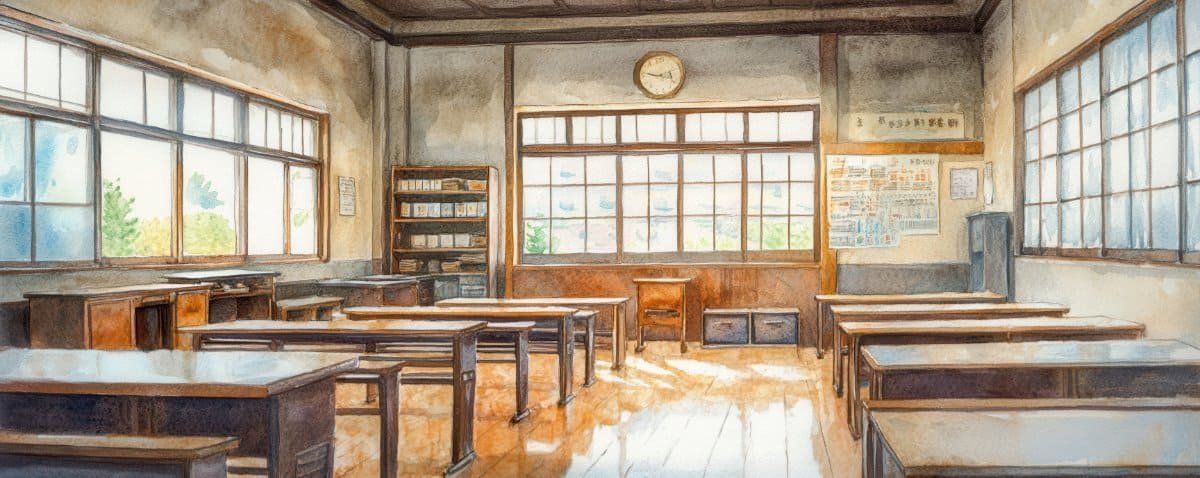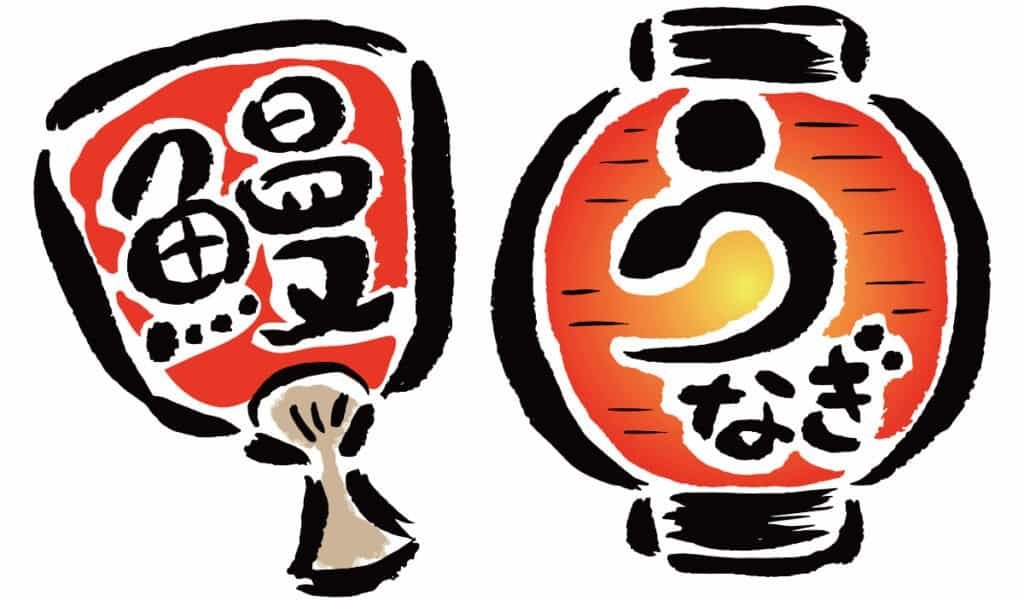Let me start with an honest admission: I’ve lived in Japan for over twenty years, and my Japanese after 20 years is still embarrassingly basic.
Not “can’t order coffee” basic – I handle daily life fine, have quick basic conversations in shops, help my English students understand grammar using Japanese examples. But put me at Immigration, the tax office, or with an estate agent discussing contract renewals? I need Google Translate or an interpreter.
Table of Contents
This morning marked 567 consecutive days of Duolingo practice. Five to ten minutes each morning. That’s effort, at least. Maybe a C+ for trying. But after two decades here, shouldn’t I be fluent by now?
The short answer: yes, probably. The honest answer: it’s more complicated than it looks.
Have you ever wondered why you haven’t mastered something you’ve been around for years?

How This Actually Happened
When I first came to Japan twenty years ago, I followed my girlfriend (later wife) and her young daughter here. She’d lived in America for years, spoke excellent English, and we naturally communicated in English. Her American-born daughter spoke to me in English too.
We were more of a team than a traditional family. At home, I didn’t want to study or stress after work, I wanted to relax. So English became our household language, partly my fault for not pushing myself harder.
Then my work life: I taught English at a language school for over ten years. My boss – now my farming boss – owned that school. We always spoke English with students and with each other. Even his wife speaks English. The Japanese secretaries at my schools speak English and seem to prefer it. My visa is literally based on being an English teacher. Students’ parents often request teachers only speak English in lessons.

So from a work perspective, I’ve been a pretty good teacher doing exactly what I was hired to do. The toll of my low-level Japanese? That’s on me, but it’s also… well, a natural result of staying comfortable with the life I built.
When has your environment shaped your skills more than your intentions?
What I Can and Can’t Do
Let me be specific about where my Japanese actually sits.
What I can handle:
- Very basic conversations with neighbors, shop staff, casual situations
- Teaching English using Japanese for grammar explanations, vocabulary, simple examples
- Daily life stuff: shopping, ordering food, simple polite small talk
- I can even fool Japanese people into thinking I’m pretty good by dropping some high-level expressions I’ve memorized

What I can’t handle:
- Standing on the train next to excited people or businessmen having rapid conversations (I catch maybe one word in ten).
- Immigration paperwork and discussions
- Tax office matters
- Contract negotiations when the estate agent visits
- Any situation requiring complex, formal Japanese
It’s not that I can’t communicate. It’s that in many specific contexts, my Japanese hits a wall.
Where do your skills work fine in some contexts but completely fail in others?
The Work Reality
Here’s something people don’t always get: my work life has actually required me to prioritize English over Japanese for twenty years.
When my farming boss closed his English school a few years ago and we all switched to farming, things shifted. Now they prefer I try to speak Japanese, which is a good idea, honestly. But I’m almost 57, I know they all speak excellent English, and now I (and they don’t mind too much) have to slow down conversations at work to fumble through in Japanese.
After a full day of teaching, which is all talking and listening, I come home happy to be on my computer. Writing, thinking, working on this blog. That’s my balance. Not because I’m avoiding people, but because that’s what works for me after spending all day communicating in classrooms.
As a naturally slightly introverted person, maybe it’s not so surprising my Japanese is what it is. My interactions with everyone are hopefully fine and respectful, just short and sweet – which many people prefer anyway.
What balance have you found that works for you even if others might not understand it?
What Money Has to Do With It
The language barrier gets blamed for a lot, but honestly? Money limits my choices more than Japanese does.

I cycle everywhere partly because navigating car ownership paperwork in Japanese seems daunting, but also because I can’t really afford a car anyway. I’ve stayed in the same modest apartment partly because dealing with landlords and real estate agents in Japanese is complicated, but also because moving is expensive and my current location works well for work.
Living paycheck to paycheck shapes your choices more than language does. The Japanese limitation just makes certain upgrades feel even more out of reach.
The Dream I Haven’t Pursued
Here’s what I do regret: I’ve always wanted to get a motorcycle and explore Japan. Meet up with biking groups I see on YouTube. Do some proper touring around this beautiful country I’ve called home for so long.

That dream requires getting out there, mingling with groups, improving my Japanese through real social interaction. One move opens up opportunities for other moves. Getting into the biking community would naturally push my Japanese forward.
But after work, I come home and happily go on the computer. Reality is, other than farming, my work is all about talking and listening. Being at home with my blog, creating content, thinking and writing – that’s the balance I need. It doesn’t mean Japanese isn’t important. It’s just that we do what we need and balance what we can.
What dreams have you not pursued because your current balance works well enough?
The Changing World
Here’s something worth a thought: with the world becoming so global, online, and interconnected, do we need to be perfect at any one language anymore? We have AI, apps, translation tools getting better every day.
I’m not saying language learning doesn’t matter. But maybe the pressure to achieve fluency when you can function, contribute, and build a good life with basic skills – maybe that pressure is outdated.
I contribute to my community. My level of Japanese serves my students, my bosses, my neighbors (a little), shop staff. I teach well, I farm well, I show up and do my work. I’m not about to be offered a job in Japanese sales, but that was never the goal anyway.
What skills have you been told you “should” master that don’t actually serve your real life?
The Honest Accounting
So here’s the full picture: After twenty years in Japan, my Japanese is still basic. That’s my fault for not pushing harder. Partly the natural result of a life built around English teaching. Partly because I’m introverted and happy with limited social interaction. And because money limits my choices as much as language does.

Do I wish my Japanese was better? (That’s right I didn’t use were.) Sure, sometimes. Would I change my past: the years supporting my ex and her daughter, the decade teaching at the schools, the meaningful work I’ve done? No. Not for better Japanese. Not for anything.
My transition to farming these past few years has been wonderful. That says something about my actual needs and preferences. I don’t require constant communication or social connection. I like working with my hands, coming home to my computer, living quietly.
The language barrier is real in specific situations: Immigration, complex paperwork, potential motorcycle group meetups. But it’s not tragic. It’s just honest. It’s the trade-off I’ve made, consciously and unconsciously, for the life I’ve actually chosen to live.
What trade-offs have you made that look like limitations from the outside but actually work fine for you?
Your Version
Maybe you’ve lived abroad and felt the same way – functioning fine in daily life but hitting walls in specific contexts. Or maybe your version isn’t about language at all.
Maybe it’s technology you can work around but never really master. Education you don’t have but compensate for with experience. Confidence in some areas, awkwardness in others. Or physical limitations that shape your choices more than you admit.

We all live with gaps between what we “should” be able to do and what we actually do. Sometimes those gaps represent real limitations. Sometimes they just represent the life we’ve actually chosen, the balance we’ve found, and the trade-offs we’ve made.
Despite my recent 567 consecutive mornings of Duolingo, my Japanese after 20 years is still not fluent. But I’m still showing up. Still trying. Still living a life that works, even if it doesn’t look impressive from certain angles.

What skills or abilities “should” you have by now but don’t? What trade-offs have you made that look like limitations to others but work fine for your actual life?
Share your thoughts below. All languages are welcome!





